What is the Trinity? A Dialogue with Steve Hays – Part 1
 Prolific blogger (at Triablogue) Steve Hays and I have recently been discussing various things.
Prolific blogger (at Triablogue) Steve Hays and I have recently been discussing various things.
At the end of a recent exchange, I basically said: Dude, I don’t know what you think “the” doctrine of the Trinity is. What, in your view, does it mean to say that God is a Trinity?
He’s now responded here.
In this post, I try to understand just what he’s claiming, in other words, what he takes trinitarianism (rightly understood) to be.
This is a bit risky, because I think he’s confused about the concept of identity, and I’m trying to hear a self-consistent view here.
The first job in critical thinking is carefully listening to what the source at hand is saying. Here I listen carefully, editing out a lot of his methodological musings and terminological quibbles, trying to get to the meat of his view.
I think the meat starts here:Read More »What is the Trinity? A Dialogue with Steve Hays – Part 1
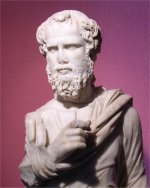

 Long ago Arius said that there could be only one God because the distinctive attribute of God is to be ungenerated. In turn, Arius devised a neat syllogism. (i) God is ungenerated. (ii) The Son is generated. (iii) Therefore the Son is not God.
Long ago Arius said that there could be only one God because the distinctive attribute of God is to be ungenerated. In turn, Arius devised a neat syllogism. (i) God is ungenerated. (ii) The Son is generated. (iii) Therefore the Son is not God.



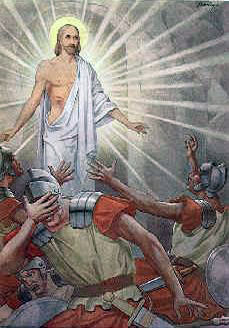



 Over at
Over at 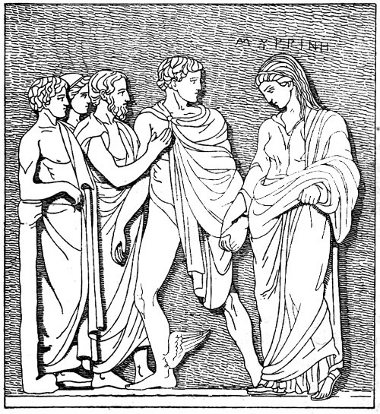

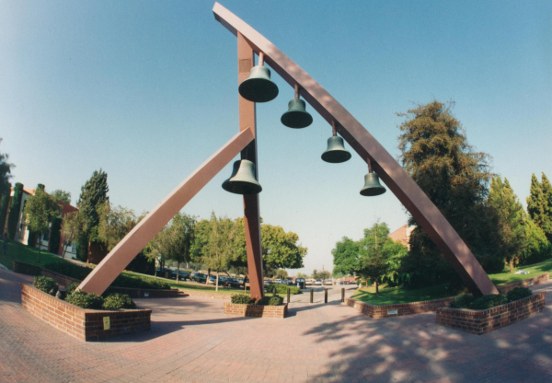




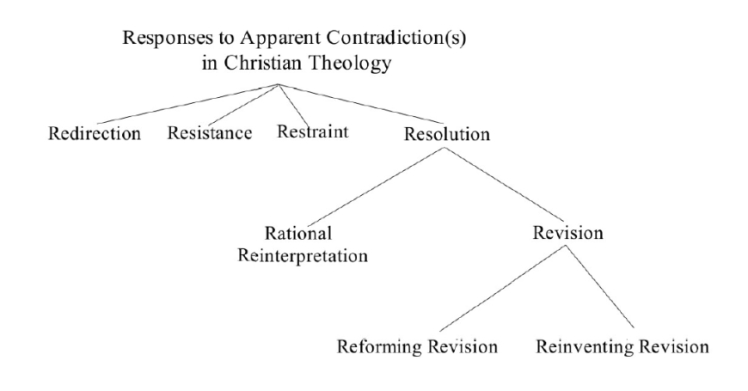
 This post is sponsored by the letter “R”.
This post is sponsored by the letter “R”.